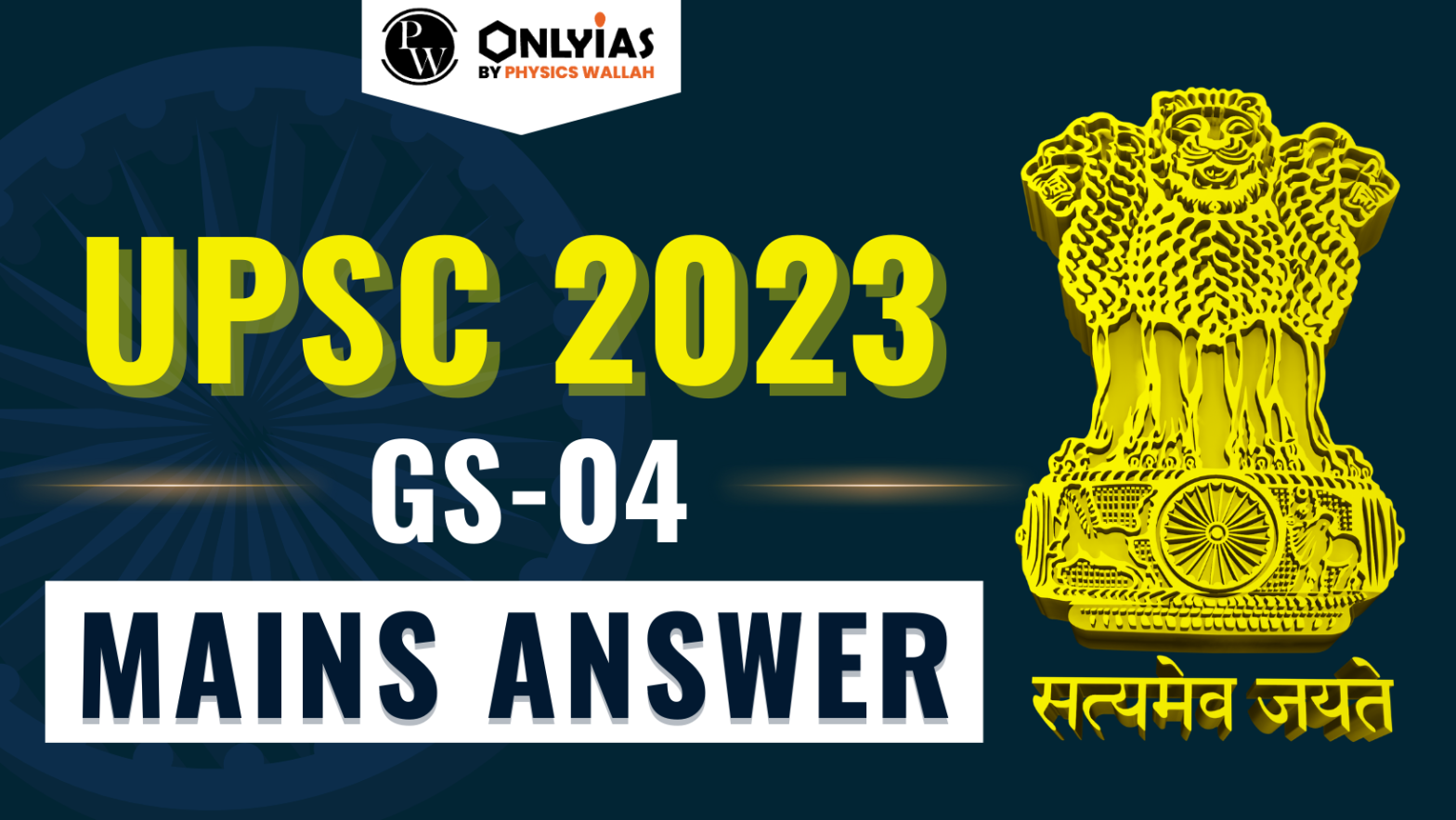UPSC GS4 Case Study: Master the art of tackling UPSC GS4 case studies. Learn effective strategies, analysis techniques, and scoring tips to excel in this crucial paper.

Q9). At 9 pm on Saturday evening, Rashika, a Joint Secretary, was still engrossed in her work in her office. Her husband, Vikram, is an executive in an MNC and frequently out of town in connection with his work. Their two children aged 5 and 3 are looked after by their domestic helper. At 9:30 pm her superior, Mr. Suresh calls her and asks her to prepare a detailed note on an important matter to be discussed in a meeting in the Ministry. She realises that she will have to work on Sunday to finish the additional task given by her superior. She reflects on how she had looked forward to this posting and had worked long hours for months to achieve it. She had kept the welfare of people uppermost in discharging her duties. She feels that she has not done enough justice to her family and she has not fulfilled her duties in discharging essential social obligations. Even as recently as last month she had to leave her sick child in the nanny’s care as she had to work in the office. Now, she feels that she must draw a line, beyond which her personal life should take precedence over her professional responsibilities. She thinks that there should be reasonable limits to the work ethics such as punctuality, hard work, dedication to duty and selfless service.
Ans:
This case delves into the ethical dilemma faced by a Joint Secretary, grappling with the demands of a high-powered career while shouldering family responsibilities. Her unwavering commitment to her job has resulted in an imbalanced work-life dynamic, prompting a critical reassessment of established work ethics. Central to this is the ethical struggle to balance work and personal life, fulfill family and societal obligations, and protect personal well-being.
Stakeholders Involved and Their Interests:
Ethical Issues Involved:
Laws Enacted by the Government
Suggestions to Mitigate Such Working Conditions:
Conclusion
The case of Rashika serves as a compelling reminder that addressing work-life balance is not merely a personal concern but a critical ethical and societal issue in today’s professional landscape. It calls for a reevaluation of established work norms and the implementation of inclusive policies that prioritize the holistic well-being of individuals, recognizing that personal exigencies should not be sacrificed at the altar of professional success.
| For a Detailed explanation of the UPSC GS-01 Mains question 2023, click here.
For a Detailed explanation of the UPSC GS-02 Mains question 2023, click here. For a Detailed explanation of the UPSC GS-03 Mains question 2023, click here. For a Detailed explanation of the UPSC GS-04 Mains question 2023, click here. |
<div class="new-fform">
</div>